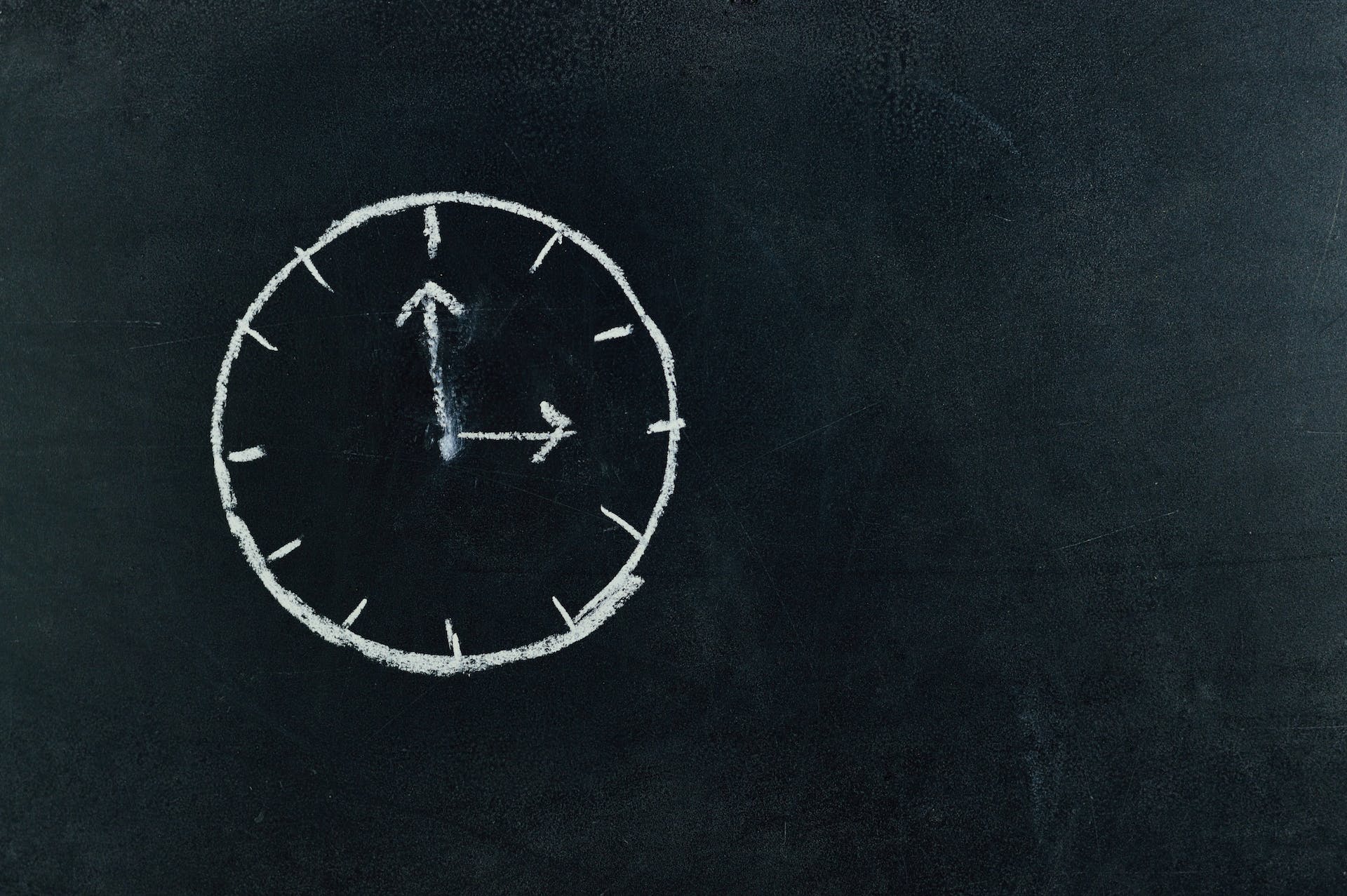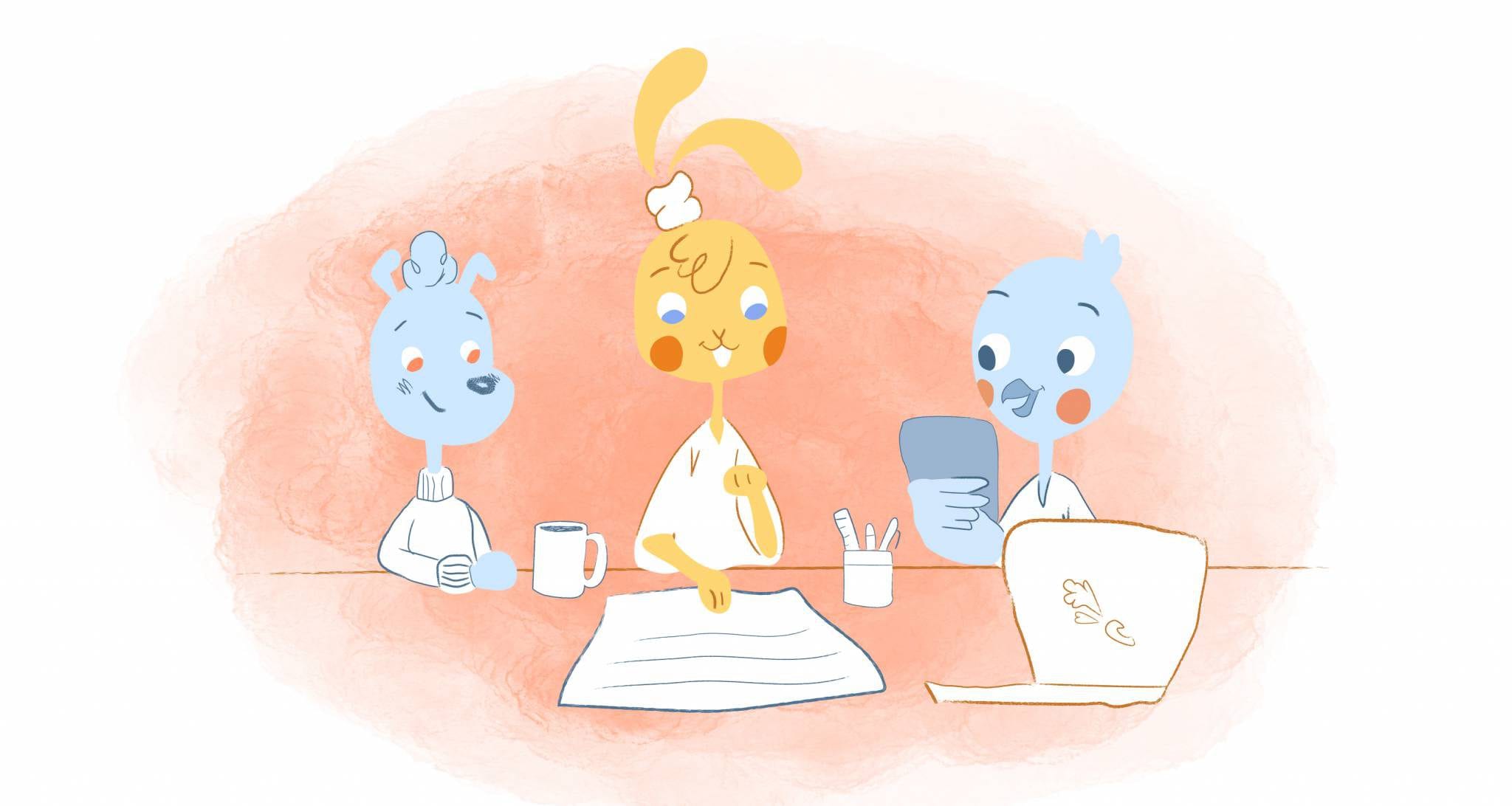

It’s coming. As we get through the holiday season, we hear whispers of “New Year, New You.” You plan how to be a better person in the new year. You’ll have more time for friends and travel, or maybe you’ll get a big promotion. All it takes is a whole new you.
Why is it always a new you? Probably because “New Year, same you with better time management” isn’t as catchy. Achieving the things you want depends on how you use your time. If you want to make positive changes at work in 2024, you’ll need to reassess your time management skills. There are likely changes you can make at work and home that will make you a better employee. In this article, you’ll learn about some strategies you can implement to make those changes.
Plan Ahead
Most of us have heard the saying, “If you fail to plan, you plan to fail.” As cliche as it may sound, it’s not untrue. Heading into your workday without any sort of plan is a recipe for an unproductive, frustrating day. You’ll spend more time deciding what to do next and preparing for it than actually doing your work. Instead, roughly lay out your day with some flexibility in case something unexpected arises.
Start the planning process for work and home by listing everything you need to do. Then, assign them an amount of time based on how long they actually take. For example, getting dressed for work in the morning takes 30 minutes because you don’t know what to wear. Or, invoicing takes hours because you didn’t log your time as it happened.
In both of these situations, planning ahead would have saved you time and effort. Good planning will also relieve stress and reveal time pockets you can use to take on new, more exciting tasks. Finding this available time can make you a more valuable employee.
Keep a Digital Calendar
The best way to know your available time is by keeping a shared calendar. While there’s nothing wrong with a physical planner, you may consider going the digital route. Consider a shared scheduling tool like Calendar, Google Calendar, or Microsoft. On any of those, you’re able to team schedule, meaning you can see multiple people’s availability and activities at once.
You’ll be able to find the best times for meetings without losing time to back-and-forth emails. Shared scheduling tools can also be used to time block, setting aside time for specific actions like checking email or doing desk work. When those blocks are visible to anyone with access to your calendar, you’re less likely to be bothered. You should notice higher productivity since you aren’t losing time to interruptions.
This increased productivity can also carry over to your home life. Use your shared scheduling tool for your family to keep track of appointments, practices, and activities. You’ll see who has some free time and who doesn’t. This will prevent overload and keep tasks more evenly distributed.
Prioritize and Eat That Frog
You can only get so many things done in a day; unfortunately, they won’t always be what you enjoy doing. To get through it all as painlessly as possible, figure out how to prioritize your daily tasks. While you’ll want to consider the due date, it’s not the only factor you should look at.
You may follow a quote attributed to Mark Twain and popularized by Brian Tracy, “Eat a live frog first thing in the morning, and nothing worse will happen to you the rest of the day.” “Eat That Frog” is a method to prioritize your work by tackling the most challenging task first. Most of us are experts at putting off until the last minute the tasks we’d instead not do. Whatever the reasons for putting them off, our avoidance tends to worsen them and interrupt the rest of our workflow.
Instead of running away from tasks you don’t like this year, face them head-on. Take Mr. Twain’s advice and start your workday with the thing you are looking least forward to doing. Once it’s done, you’ll only have the work you like to do left. Finishing the workday with assignments you enjoy will also make it easier to unplug from your day once you get home.
Develop a Sleep Routine
Hustle culture tells us that sleep is bad for productivity. Get up early and get your work started. Stay up late and keep grinding. However, sleeping as little as possible will negatively impact your work. You may struggle to write an email, nod off in a meeting, or snap irritably at your coworkers. To avoid these things from happening, develop good sleep hygiene that supports your work schedule and goals.
While it may sound juvenile, this starts with setting a regular bedtime. According to the National Heart, Lung, and Blood Institute, the average adult needs seven to nine hours of sleep. Count those hours back from when you need to get up to find your bedtime. Then, consider how much time you spend on your pre-bed routine and how long it takes to fall asleep. With all that information, you can establish when to start getting ready for bed.
While you should stick to that time most days, there may be occasions when you need to make an exception. If you have an early meeting or a family member needs to go somewhere before work or school, you can adjust your schedule accordingly. Having a flexible routine will set you up for success during work. Not only will you be better rested, but you’ll feel more in control of your day.
Communicate Boundaries on Your Time
When making changes to your life, you must communicate them to those around you. For example, you can’t blame your spouse for keeping you up late if they didn’t know when you wanted to start getting ready for bed. You also can’t blame your coworkers for interrupting your workflow if they didn’t know you had blocked off focus time. It all comes down to communication.
When building a new routine, you must let those around you in. Clear communications will prevent unwanted intrusions on your time, making you more productive. People will know when you are available to chat or take on more work without having to play a guessing game.
Effectively communicating can also prevent work creep. If your schedule is full, respectfully let your supervisor know you’re unavailable for new projects. Alternatively, ask for their assistance in reprioritizing your tasks, again communicating existing responsibilities. Ensure there is time in your day when you aren’t available to work so you can focus on the other parts of your life. A good work/life balance will make you happier and a better employee.
As you implement new strategies, review how they work for you and your life. Some may be a perfect fit, and some may need adjusting before you can make them a permanent change. Evaluate what works day-to-day and what effects they have over a longer amount of time.
Establishing better time management is a process. Along the way, you’ll see small improvements that make a big impact. You’ll become more efficient, have more time for things, and have a clearer head. All of this will make you feel like a whole new you in 2024, ready to tackle whatever work comes your way.
Featured Image Credit: Miguel Á. Padriñán; Pexels











Howie Jones
My name is Howie and I'm a Customer Success Manager at Calendar. I like to ensure our customers get the best experience using our product. If you have questions email me howie at calendar.com